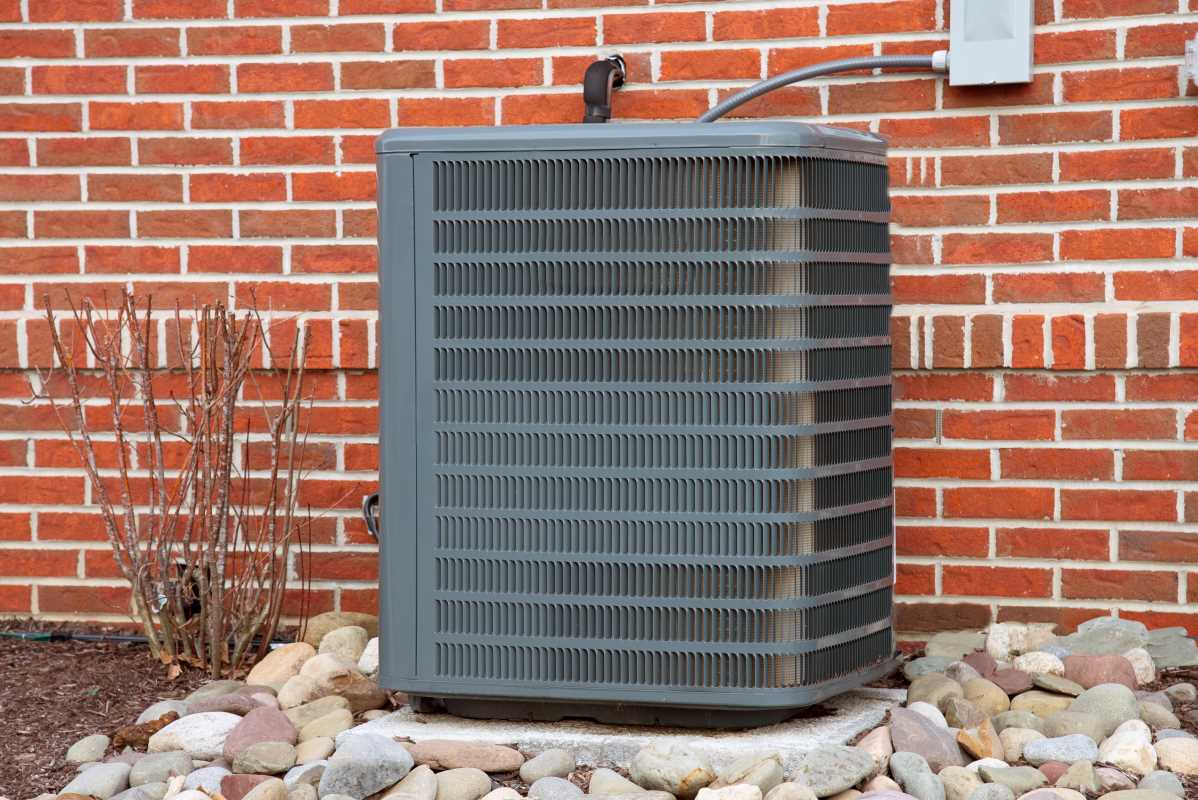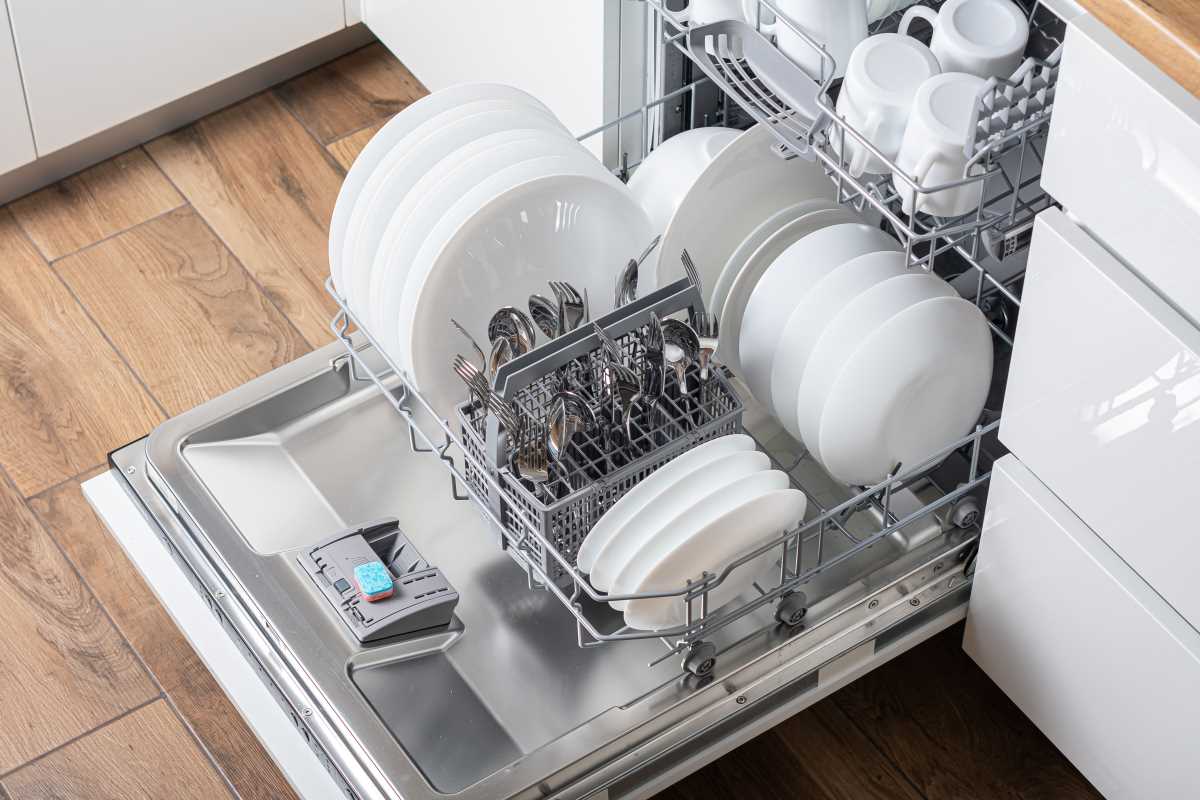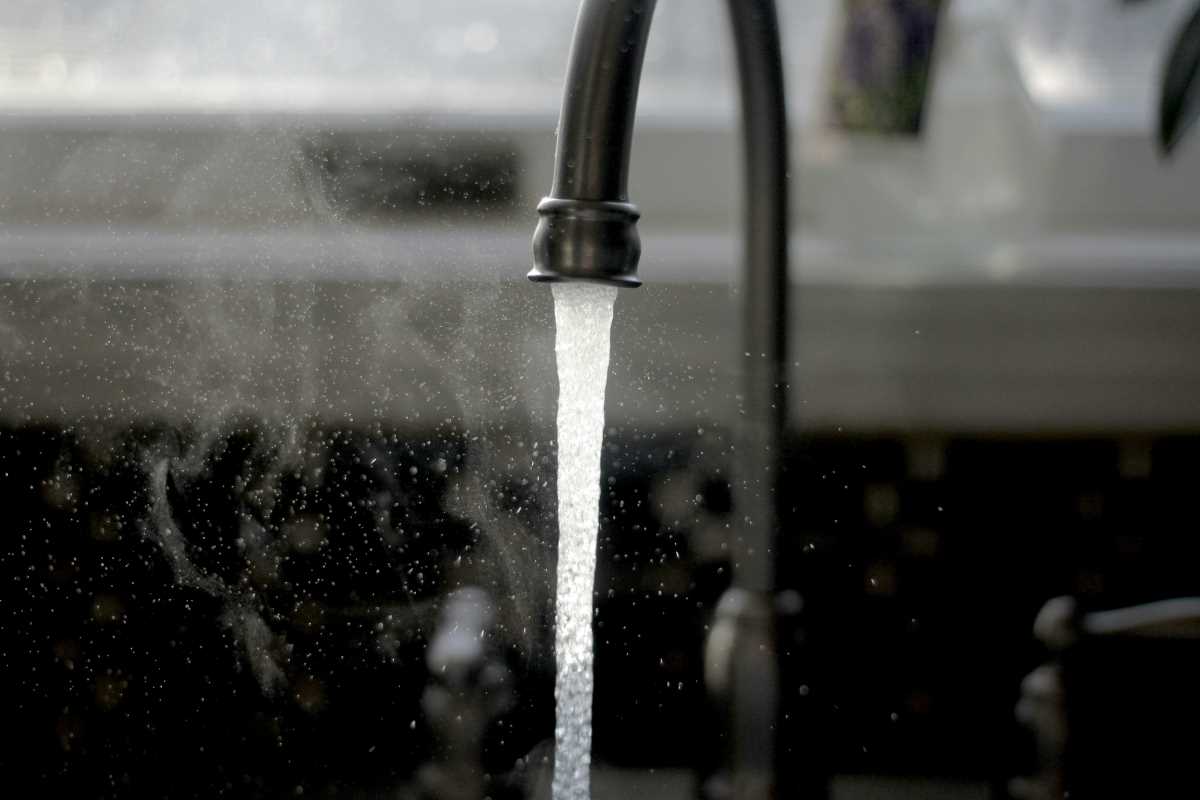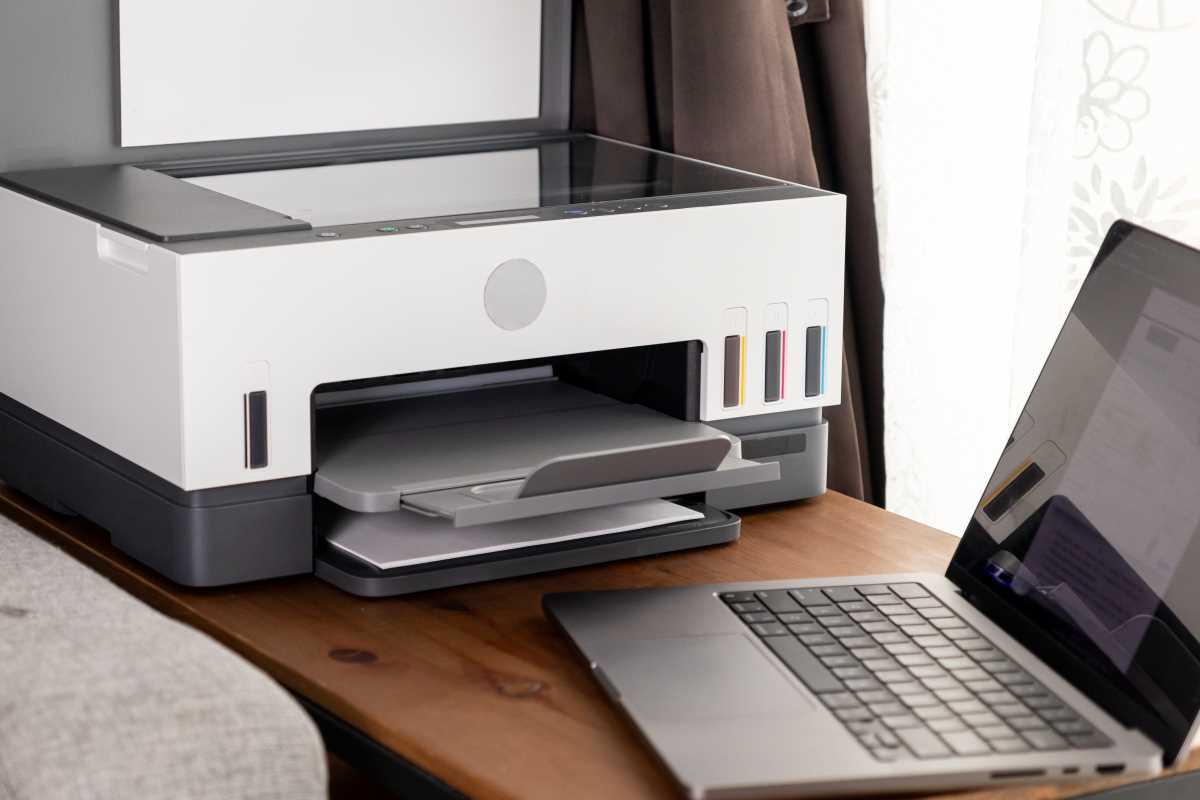When it comes to keeping a home comfortable, few systems work as hard as your HVAC (heating, ventilation, and air conditioning) system. Whether it’s beating the heat in the summer or keeping rooms warm in the winter, your HVAC system is an essential part of your home’s functionality. However, like any machinery, this system needs regular care to work effectively. Scheduling annual maintenance is not just a recommendation; it’s an essential step in ensuring the longevity and efficiency of your HVAC system. Regular inspections and tune-ups can save money, prevent unexpected breakdowns, and provide peace of mind that your home is running smoothly. This guide will explore the many aspects of annual HVAC maintenance, including what it involves, its key benefits, and why it should be non-negotiable for homeowners.
The Importance of Annual HVAC Maintenance
An HVAC system is a significant investment, and much like a car, it requires routine care to deliver optimal performance over time. Annual maintenance helps identify small issues before they become costly repairs. During a standard tune-up, technicians inspect components, clean parts, check connections, and ensure everything is operating as it should.
When a system is well-maintained, it runs more efficiently, which translates to lower energy bills. Dust, dirt, and wear-and-tear overtake even the best systems, reducing their effectiveness and causing them to use more energy. Without proper maintenance, an HVAC unit has to work harder to heat or cool your home, which drives up costs and decreases its overall lifespan.
It’s also worth noting that some manufacturer warranties require proof of annual maintenance. If the system breaks down and no maintenance records are available, the repair costs may come out of pocket. Keeping up with yearly servicing protects both the system itself and your financial investment in repairs or replacement.
What Happens During an HVAC Maintenance Visit?
During an annual maintenance visit, a licensed HVAC technician will perform several important checks and services to keep your system in top shape. To start, the technician inspects the entire HVAC system for signs of wear, corrosion, or damage. Safety checks are critical, especially for systems powered by gas, to detect leaks or other hazards.
The cleaning process is another crucial step. Over time, dust and debris can clog filters, coils, and other components, decreasing efficiency and even affecting air quality inside your home. Technicians replace or clean filters as needed and ensure that air passages are clear. This not only helps the system perform better but also reduces allergens and pollutants circulating throughout the house.
Lubrication of moving parts is addressed during maintenance. Fans, motors, and belts rely on proper lubrication to reduce friction that can lead to excessive wear. Electrical components like thermostat controls, wiring, and connections are reviewed to avoid malfunction or the potential for fire hazards. Measuring refrigerant levels in air conditioners is another task to ensure the system can cool efficiently during the warmer months.
Finally, technicians test the system’s overall functionality by cycling it through heating and cooling modes. This step ensures that the system is responding correctly and delivers the comfort expected for every season.
How Annual Maintenance Benefits Your Home
The benefits of annual HVAC maintenance go beyond just keeping your system running. Routine care has a direct impact on how comfortable your home feels year-round. A well-cared-for system can maintain even temperatures, ensuring no room feels too hot or cold. Strong airflow and humidity control also contribute to healthy indoor air quality.
Energy efficiency is another significant advantage. When all components of the system work together correctly, the HVAC system requires less energy to operate. This translates into noticeable savings on utility bills, particularly during peak seasons when heating or cooling demand is high.
Preventive maintenance also minimizes the chances of a sudden breakdown. Few scenarios are as inconvenient as dealing with a malfunctioning heater in the winter or an air conditioner that quits mid-summer. Annual check-ups reduce these risks by addressing small issues long before they become emergencies.
Finally, extending the life of an HVAC system is perhaps the most compelling reason for routine maintenance. Replacing an HVAC system is a large expense, and regular care can delay that expense by several years. A well-maintained system can continue to perform effectively beyond its expected lifespan, giving you more value out of your investment.
Choosing the Right Time for Maintenance
Timing plays an important role in securing the benefits of HVAC maintenance. It’s generally a good idea to schedule service during off-peak seasons, such as early spring or fall. These periods allow technicians to prepare your system for the demands of summer or winter without the stress of last-minute repairs or scheduling conflicts during peak times.
Air conditioning units benefit most from a tune-up in spring, just before they’ll be needed for the warmer months. Heating systems should ideally be serviced in the fall to ensure reliable performance when cold weather arrives. By planning ahead, you make maintenance more convenient and reduce the chances of scheduling delays.
Ensuring Quality Service from HVAC Professionals
Selecting a reliable HVAC technician or company is just as important as the maintenance itself. Look for professionals with proper licensing, insurance, and certifications. Companies that are reputable often offer transparent pricing and stand behind their work with guarantees.
Word-of-mouth recommendations can be helpful, but it’s worth taking the time to research online reviews or ratings. Many companies also provide maintenance plans, which can offer discounts, priority scheduling, and reminders for routine servicing, making it easy to stay on track year after year.
Discussing details with your technician during a visit can also empower you to better care for the system. Ask about best practices for filter changes, settings for optimal energy efficiency, and any visible signs of trouble to watch for between visits.
The Long-Term Rewards of Proactive Care
Investing time and money into annual HVAC maintenance delivers long-term rewards. Your system will work efficiently, keeping energy costs manageable while reducing the carbon footprint of your home. Additionally, regular care supports a healthier indoor environment by filtering out dust, allergens, and other particles that can affect air quality. For families with young children, seniors, or those with allergies, this can make a significant difference in daily life.
Peace of mind is perhaps the most immediate reward. Knowing that your HVAC system is in great condition means there are fewer surprises in store when extreme weather comes around. It also allows you to budget smarter, avoiding unexpected repair bills and extending the time before a replacement becomes necessary.
 (Image via
(Image via





